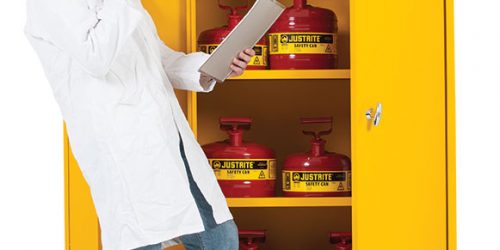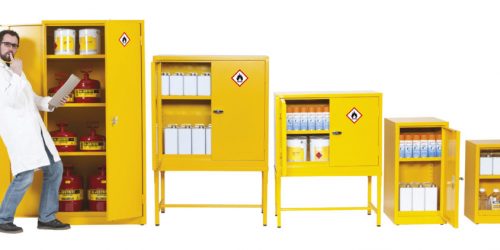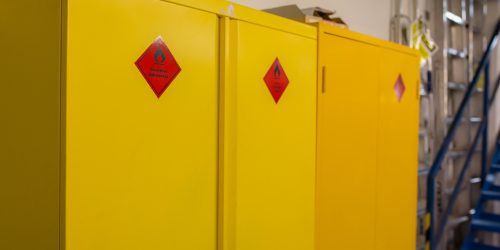What are your COSHH responsibilities as an employee?
What are your COSHH responsibilities as an employee?
While employers are ultimately responsible for COSHH in the workplace, employees must also understand and adhere to COSHH regulations to keep themselves, other workers and, their surroundings safe while handling hazardous substances. Failure to comply with COSHH can not only result in death, damage and injury, but it can also lead to employers and employees facing criminal charges if they are found guilty of breaching regulations.
This article explores employee responsibilities for COSHH and what can happen if employees fail to follow guidelines and procedures correctly.
What is COSHH?
COSHH (Control of Substances Hazardous to Health) is a set of regulations that require employers and employees to control hazardous substances in their working environment, minimising or restricting the risk these substances pose to employees and workers. Employers are required by law to ensure employees understand and comply with COSHH regulations in the workplace.
COSHH employees’ responsibilities
As an employee, responsibilities under COSHH regulations are outlined on the Safety Data Sheet (SDS). These sheets help ensure that those who use chemicals in the workplace use them safely without risk of harm to users or the environment. Responsibilities include:
- Cooperating with their employer by following instructions and safety procedures related to hazardous substances.
- Using control measures, PPE and safety equipment provided by their employer correctly.
- Reporting hazards, accidents, near misses or incidents involving hazardous substances to their employer.
- Following safe working procedures for handling, storing and disposing of hazardous substances.
- Participating in health and safety training courses and information sessions provided by their employer.
- Taking care of their health and safety, as well as that of others who may be affected by their work activities.
- Reporting any inadequate work procedures or control measures for hazardous substances
Employees should report any concerns or incidents related to COSHH to their employer or supervisor. In larger organisations, designated health and safety representatives or specific departments may handle these reports.
Self-employed individuals are considered both the employer and employee under COSHH. They are responsible for conducting risk assessments, implementing control measures and ensuring access to information and training regarding hazardous substances.
By fulfilling these responsibilities, employees contribute to maintaining a safe and healthy working environment in relation to hazardous substances.
How often do employees need to complete COSHH training?
The frequency of COSHH training for staff depends on various factors, including specific workplace hazards, the level of risk and any regulatory requirements. It is generally recommended that staff receive regular training every one to three years. However, it’s important to note that some industries may require more frequent training due to higher risks or legal obligations.
What happens if an employee does not comply with COSHH?
If an employee wilfully fails to comply with COSHH regulations, this will in most cases lead to disciplinary proceedings and, frequently, dismissal.
Failure to control hazardous substances can result in workers becoming ill or injured, with effects ranging from skin or eye irritation to chronic lung disease. In some instances, the effects may even be fatal, potentially leading to criminal charges being brought against both the employee and employer.
Conclusion
COSHH regulations exist to ensure staff can feel safe in their working environment. Both employers and employees are responsible for ensuring procedures are strictly adhered to, and any noncompliance should be flagged immediately. If you’re unsure about your COSHH responsibilities within your workplace, speak to your employer immediately.





